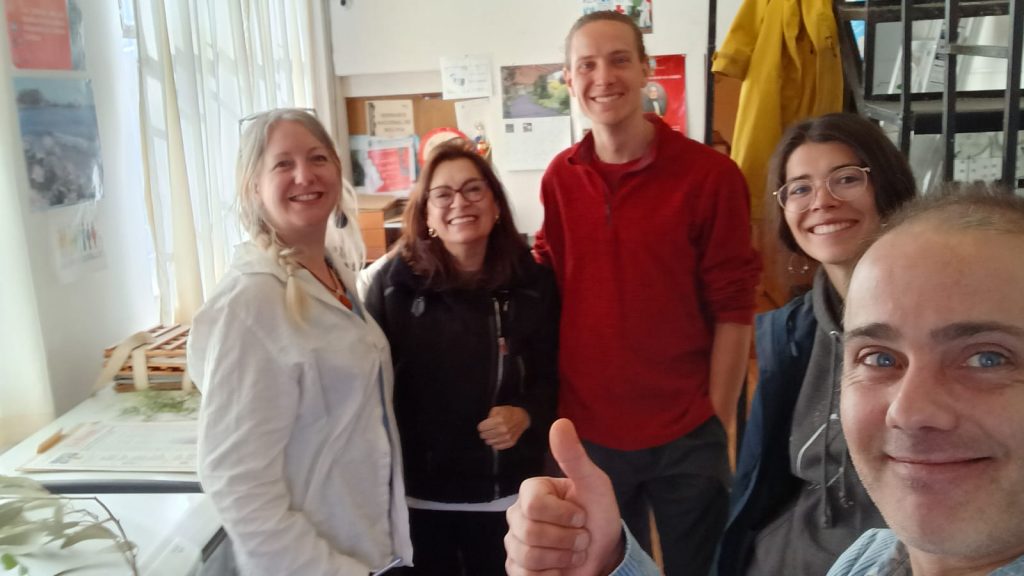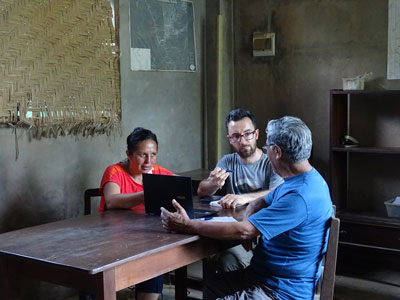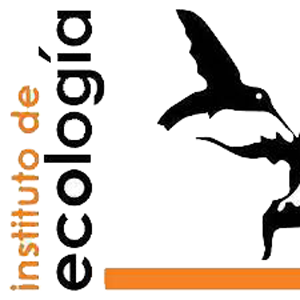
Ethnobiology thrives when it is grounded in long-term partnerships and genuine relationships of collaboration

The Instituto de Ecología at the biology department of the Universidad Mayor de San Andrés in La Paz is Bolivia’s leading research institute in the field of ecology. Established in the year 1978, it is a research centre that promotes biological and ecological research, as well as national and international networking on ecology and related disciplines. This Institute is structured around four different units (i.e., aquatic ecology, plant ecology and botany, terrestrial ecology, and animal ecology and zoology). Since 1982, it publishes the scientific journal “Ecología en Bolivia”, which disseminates scientific research on the ecology and conservation of Bolivia’s natural heritage. Its botanical unit makes up the Herbario Nacional de Bolivia, which was created in 1984 under an agreement between UMSA and the Bolivian Science Academy. This unique collection (with >350,000 specimens, 15,000 species) is the cornerstone of a number of research efforts to document the floristic diversity of Bolivia (e.g., the List of Vascular Plants of Bolivia).

The Centro Boliviano de Investigación y Desarrollo Socio Integral (CBIDSI) is an independent, non-profit organization that develops research and development projects in the areas of health, education, economy and environment in the Bolivian Amazon. CBIDSI is an organization that focuses its action on the Tsimane’ Indigenous communities of the Maniqui River and works to strengthen and recognize their language and culture. Established in 2004 and formally-registered as a NGO in 2006, CBIDSI has a long experience operationalizing research projects in the Tsimane’ Indigenous territory, mainly in the communities settled on the banks of the Maniqui River. Throughout its history, CBIDSI has worked with more than 70 Tsimane’ villages, using a wide range of methodologies, and leading the implementation of several large-scale data collection panel surveys.

The Instituto de Ecología is Bolivia’s leading research institute in the field of ecology. Established in the year 1978, it is a multidisciplinary research centre that promotes academic research and graduate education in ecology and related disciplines. The Institute is structured around four different units (i.e., aquatic ecology, plant ecology and botany, terrestrial ecology, and animal ecology and zoology). Since 1982, it publishes the scientific journal “Ecología en Bolivia”, which disseminates scientific research on the ecology and conservation of Bolivia’s natural heritage. The Institute also hosts Bolivia’s National Herbarium, in collaboration with the National Museum of Natural History. Created in 1984, this unique collection (with >250,000 specimens, 15,000 species) is the cornerstone of a number of research efforts to document the floristic diversity of Bolivia (e.g., the List of Vascular Plants of Bolivia).

The Centro Boliviano de Investigación y Desarrollo Socio Integral (CBIDSI) is an independent, non-profit organization that develops research and development projects in the areas of health, education, economy and environment in the Bolivian Amazon. CBIDSI is an organization that focuses its action on the Tsimane’ Indigenous communities of the Maniqui River and works to strengthen and recognize their language and culture. Established in 2004 and formally-registered as a NGO in 2006, CBIDSI has a long experience operationalizing research projects in the Tsimane’ Indigenous territory, mainly in the communities settled on the banks of the Maniqui River. Throughout its history, CBIDSI has worked with more than 70 Tsimane’ villages, using a wide range of methodologies, and leading the implementation of several large-scale data collection panel surveys.

The IEK-CHANGES project is an ERC Starting Grant funded by the European Union (IEK-CHANGES, 101117423) to Dr. Álvaro Fernández-Llamazares.
Views and opinions expressed are however those of the author(s) only and do not necessarily reflect those of the European Union or the European Research Council Executive Agency. Neither the European Union nor the granting authority can be held responsible for them.